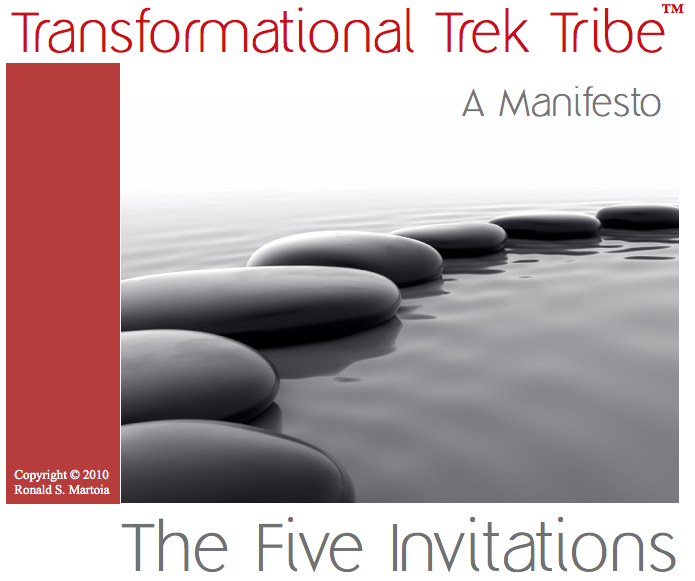Hipster Christianity and poking fun at ourselves - Church planting explained...
 Monday, October 25, 2010 at 11:32AM
Monday, October 25, 2010 at 11:32AM I am trawling through reams of emails that I couldn't read during the build up to the Lausanne Congress. I still have such a lingering sense of gratitude and feel so blessed to have been part of this amazing event! I'll post a reflection as soon as I have a few minutes to spare. It was straight into the office at 7am this morning for various meetings...
The Congress has left another lingering memory - I have a Indo-Chinese-African-American-European type flu... Don't feel too good today! Hence this post. I'm siting in a meeting with my iPad writing this quick post... If anybody asks you please tell them I'm taking notes ;-)
A friend sent me a link to this great YouTube video that pokes fun at how we plant Churches! This 'friend' happens to have planted many wonderful Churches in his ministry, and has succesfully helped many others to do the same. I thought it was wonderful that he could laugh about something that he is so passionate about! So, please take this with a pinch of salt. We need to plant Churches, they need to be effective, culturally relevant and attract people! This is just a bit of fun.
How to plant a Church (a complete primer in just 3 minutes).
 It kind of reminded me of this new book (that I am still intending to read) - Hipster Christianity (when Church and Cool collide) by Brett Mccracken.
It kind of reminded me of this new book (that I am still intending to read) - Hipster Christianity (when Church and Cool collide) by Brett Mccracken.
I have read the hilarious book - 'Stuff Christians like' by Jon Acuff which seemed to have a little more of a critical edge to it. I laughed, but I did so in secret (if you know what I mean). So much of what I read in that book reflected a belief I hold, had held, or wished I had not held. Indeed, it was a pretty entertaining book for a Christian like me who is moving beyond denying some of my naivete towards a more honest and open expression of my faith.
What is certain is that I love Jesus, I know that he loves the cosmos and every person in it, and I want to find ways of authentically bringing his love to bear on the world.
So, anyone want to join me in a Church plant? Bring the cash, I'll lead worship!



